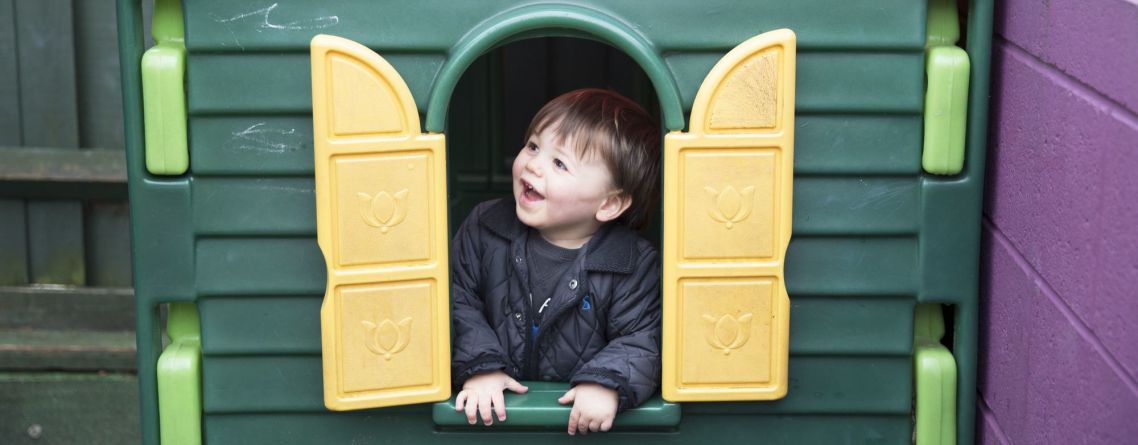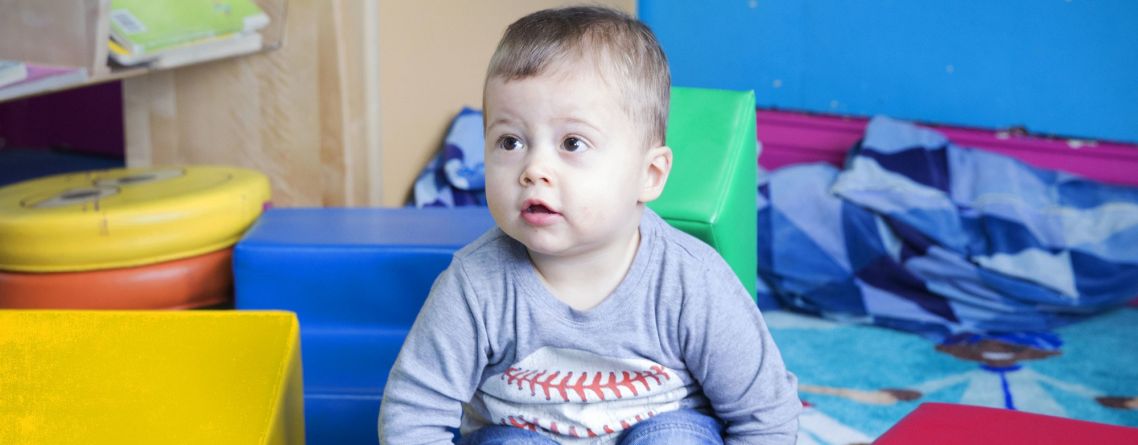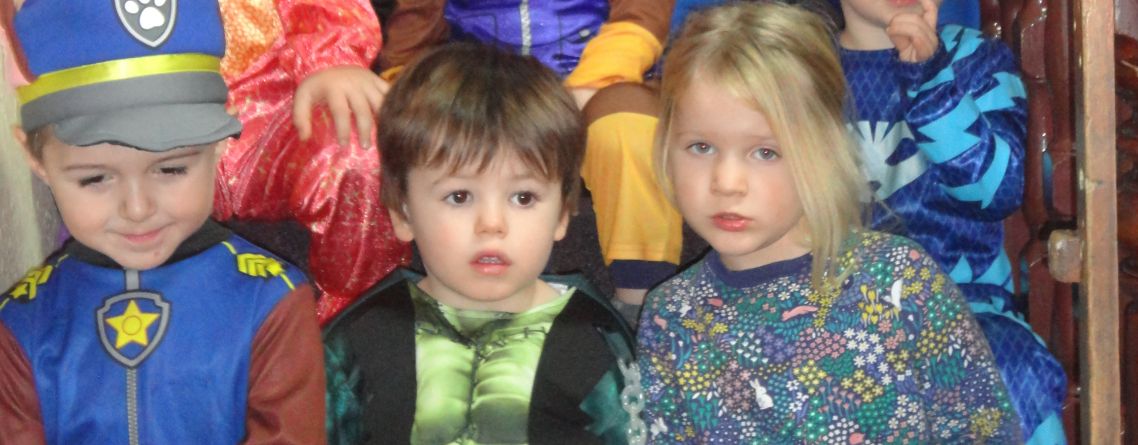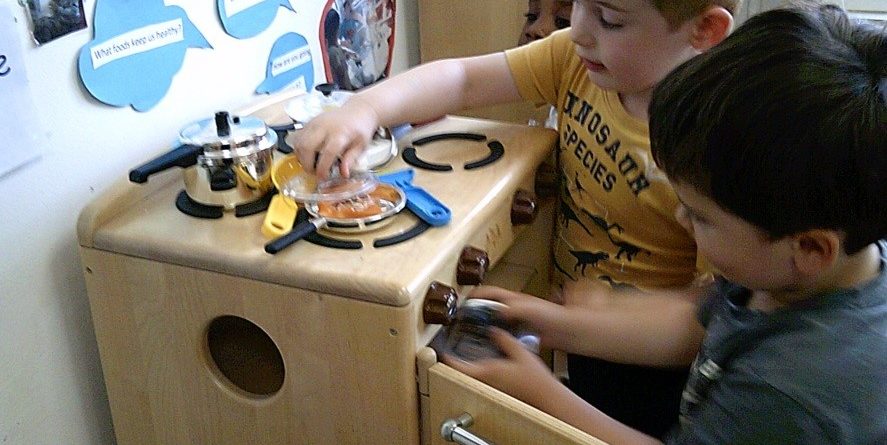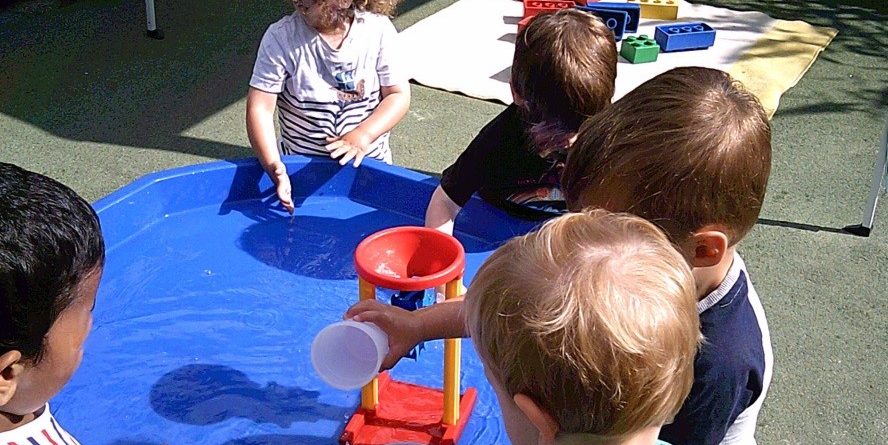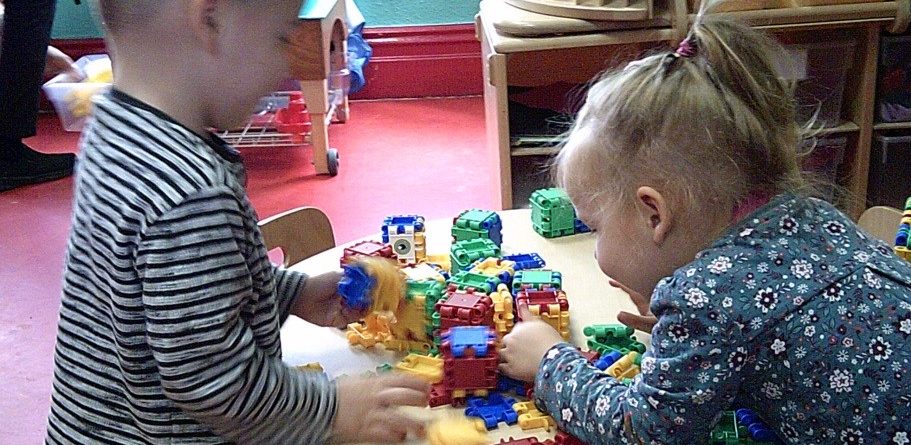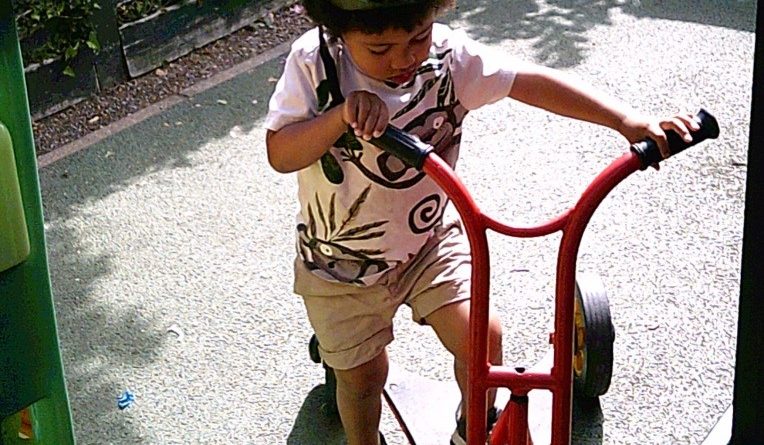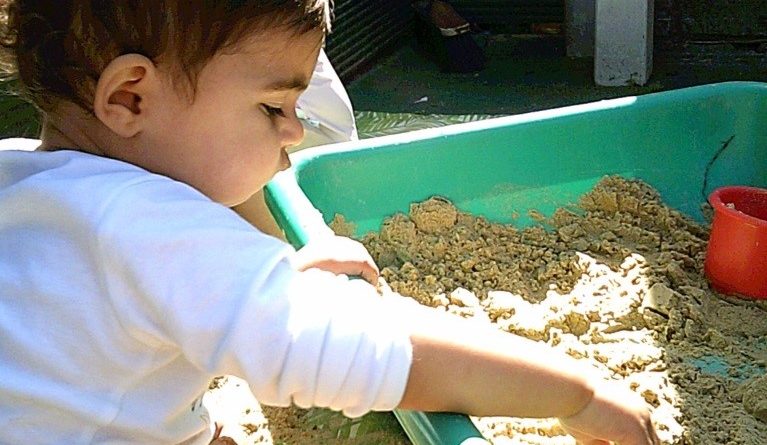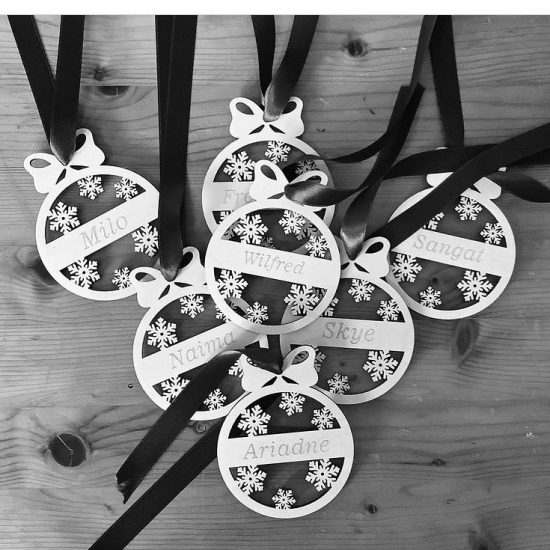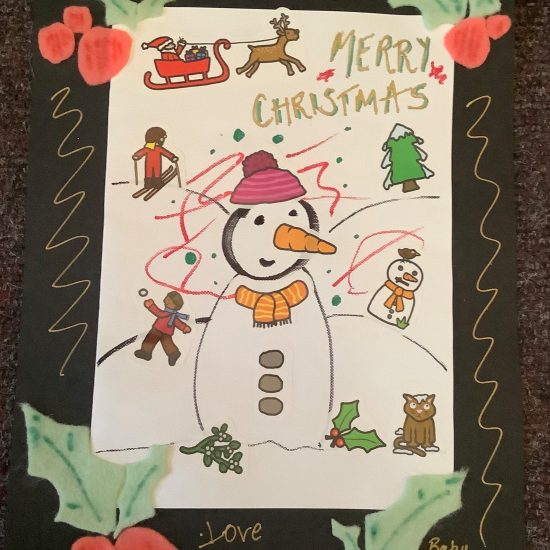View our Ofsted reports here
Overall Summary
- Older children thoroughly enjoy digging the soil for worms, toddlers learn to walk on a hanging bridge and babies learn to ride on wheeled equipment.
- Children form close bonds with the staff and are settled. For instance, babies enjoy cuddles from staff and toddlers respond well to reassurance from them when they are upset. Older children are confident and freely approach the staff when they need help.
- Staff support children’s communication skills effectively. For instance, they use strategies such as signing to help support young children’s understanding. They provide opportunities for older children to learn additional languages, such as Spanish.
- All children, including those who are learning English as an additional language, make good progress from their starting points.
- The manager liaises well with schools and shares information effectively with staff. The learning programme is effective, which helps to support children’s school readiness. These arrangements help to support a smooth transfer for children.
Effectiveness of the leadership and management is good
- The manager reflects well on her practice. She monitors children’s achievements regularly and uses this information effectively to identify and implement improvements to the learning programme. The manager works closely in partnership with parents and professionals to address any gaps in children’s learning, such as communication and language difficulties.
- The manager holds regular meetings with staff and supports them well to help them improve their teaching practice. For instance, she provides guidance to staff to help them manage children’s behaviour positively and most staff have had relevant training.
- Safeguarding is effective. Staff understand how to identify signs and symptoms that may cause concern for a child’s welfare. The manager ensures staff are suitable to work with children. She ensures there are adequate staff to supervise children effectively. Staff deploy themselves well to ensure children’s safety.The manager maintains a log of required information with relation to complaints.
- Quality of teaching, learning and assessment is good
- Staff provide a range of opportunities for children to explore different materials, such as water, foam, sand and play dough. This helps children build on their understanding of the world and their creativity.
- Staff skilfully support children’s communication and language development. For instance, as older children explore play dough, they introduce words such as ‘sticky’, ‘slimy’ and ‘oozy’. Children build on their vocabulary.
- Staff support young children well to help them build on their imagination and creativity. For example, children engage well in singing activities and join in with actions. They enjoy dressing up as doctors, for example, and staff tune in well to children’s play.
- Key persons plan accurate next steps to help children build on what they already know. For instance, they plan focused activities to help toddlers practise their counting skills.
Personal development, behaviour and welfare are good
- The manager and staff support children well as they transfer to different rooms within the nursery. This helps to support children’s emotional well-being. For instance, the manager invites parents to view the new room and generally shares information to support their children during the transfer.
- Staff provide healthy meals for children. The cook has relevant training and ensures hygiene practices with regards to food storage and preparation. These arrangements help to support children’s good health.
- Staff use positive strategies, such as praise, to encourage children’s good behaviour. Children develop positive self-esteem.
Outcomes for children are good
- All children are prepared well for the next stages in their learning. Babies learn to make independent choices. For instance, they point to pictures to indicate what song they would like to sing. Toddlers build on their hand-to-eye coordination. For instance, they learn to stack small objects. Older children learn to identify the initial sounds of words, such as ‘ball’ and ‘car’, and they learn to complete alphabet puzzles.


